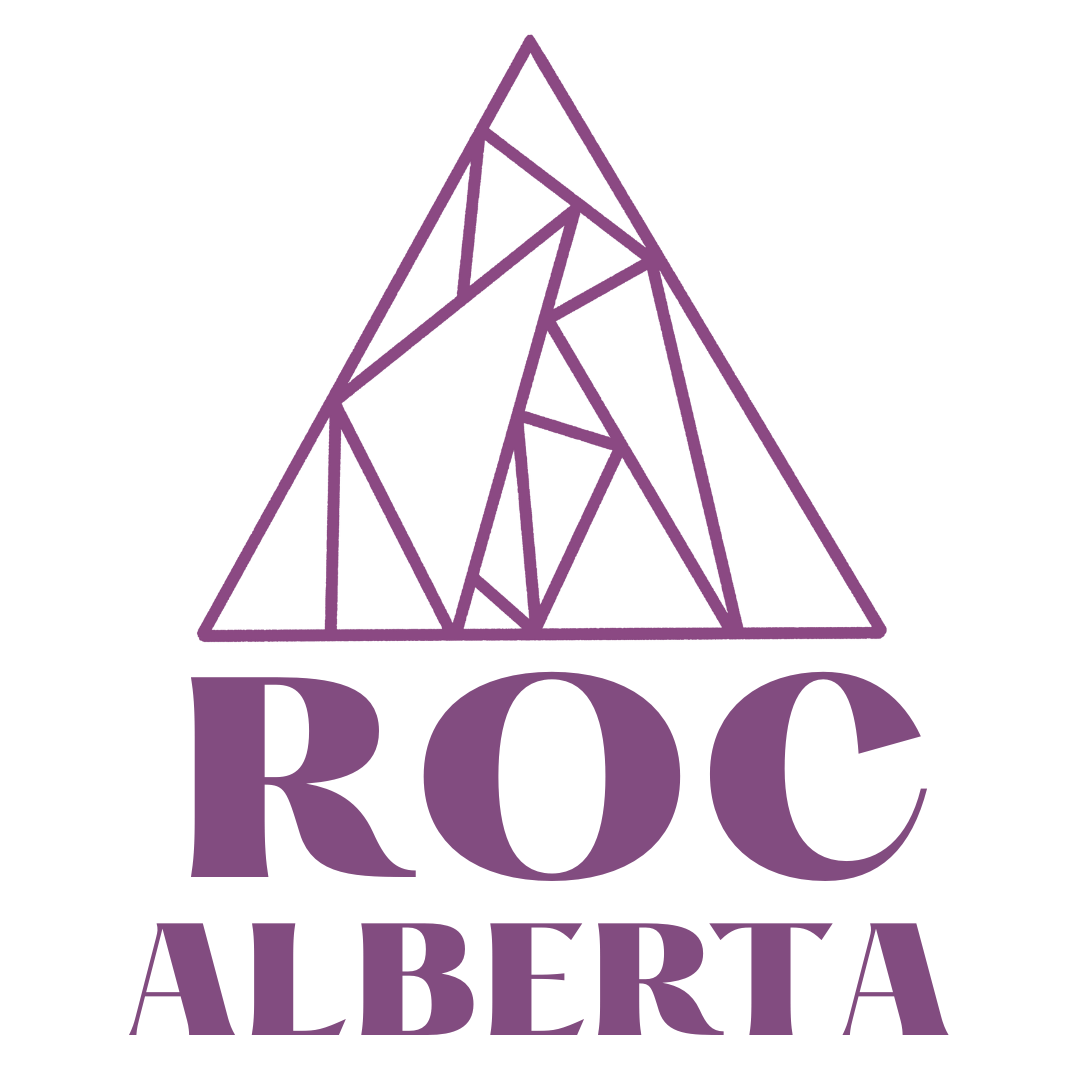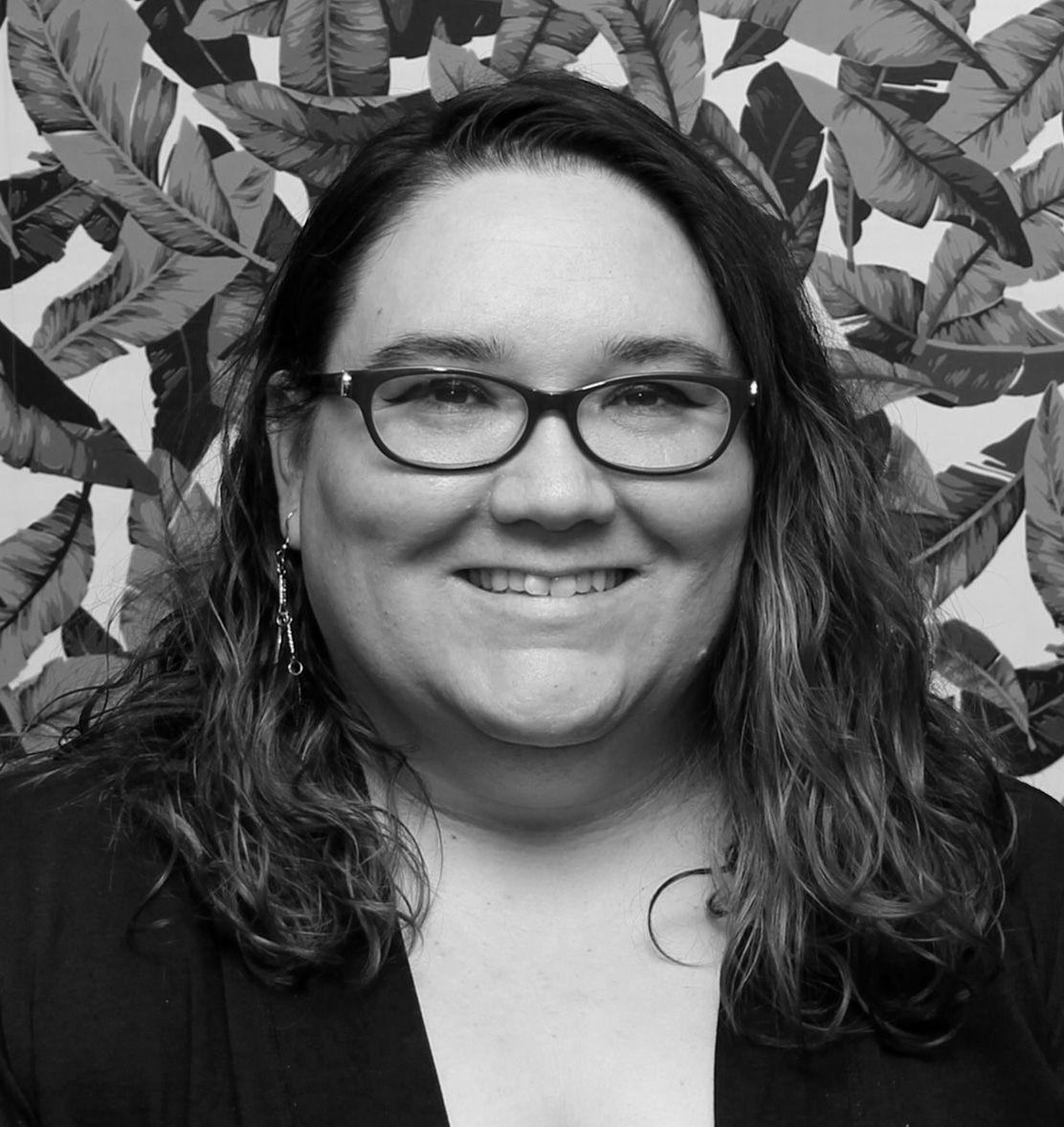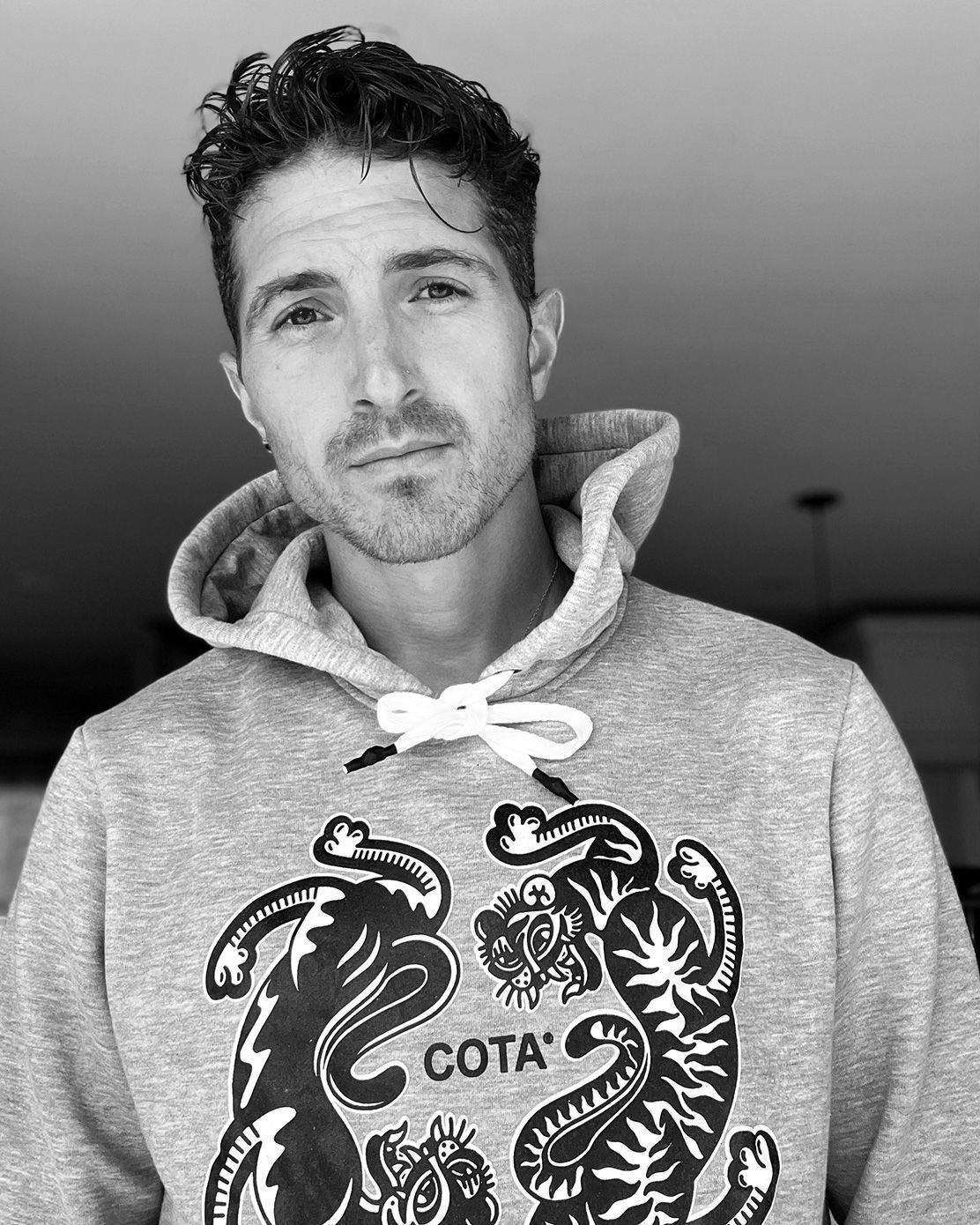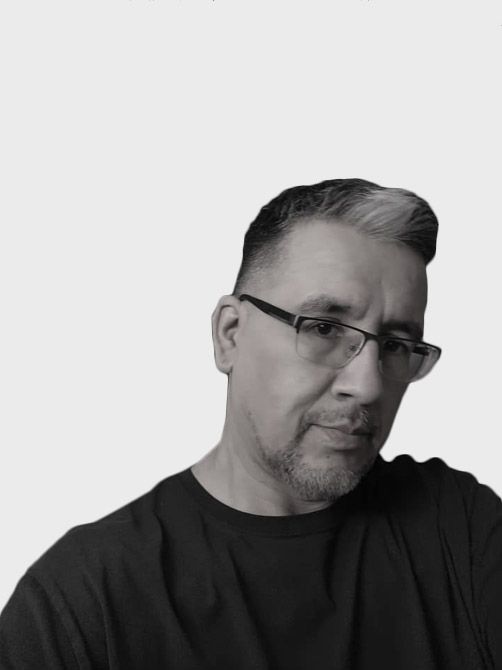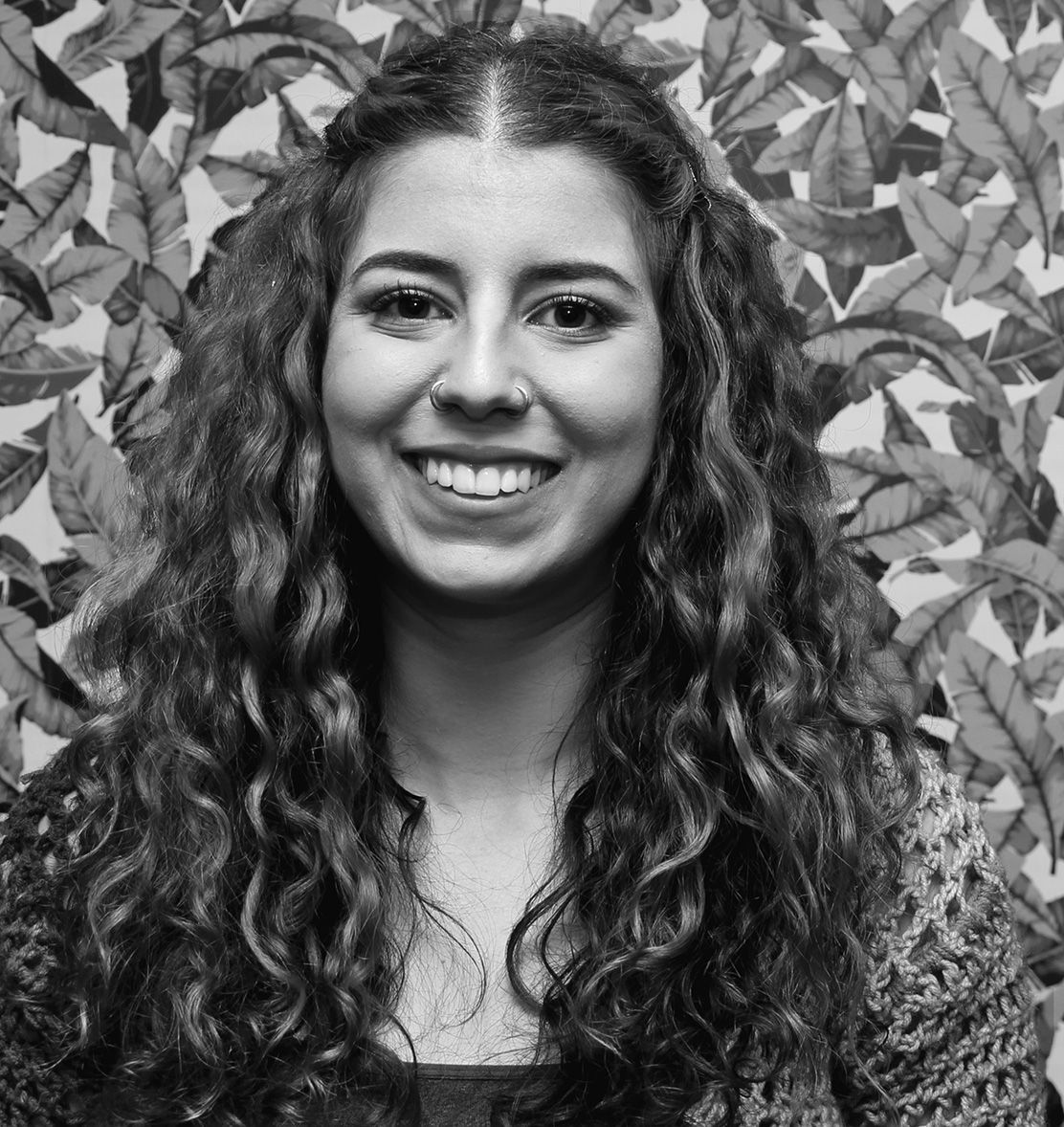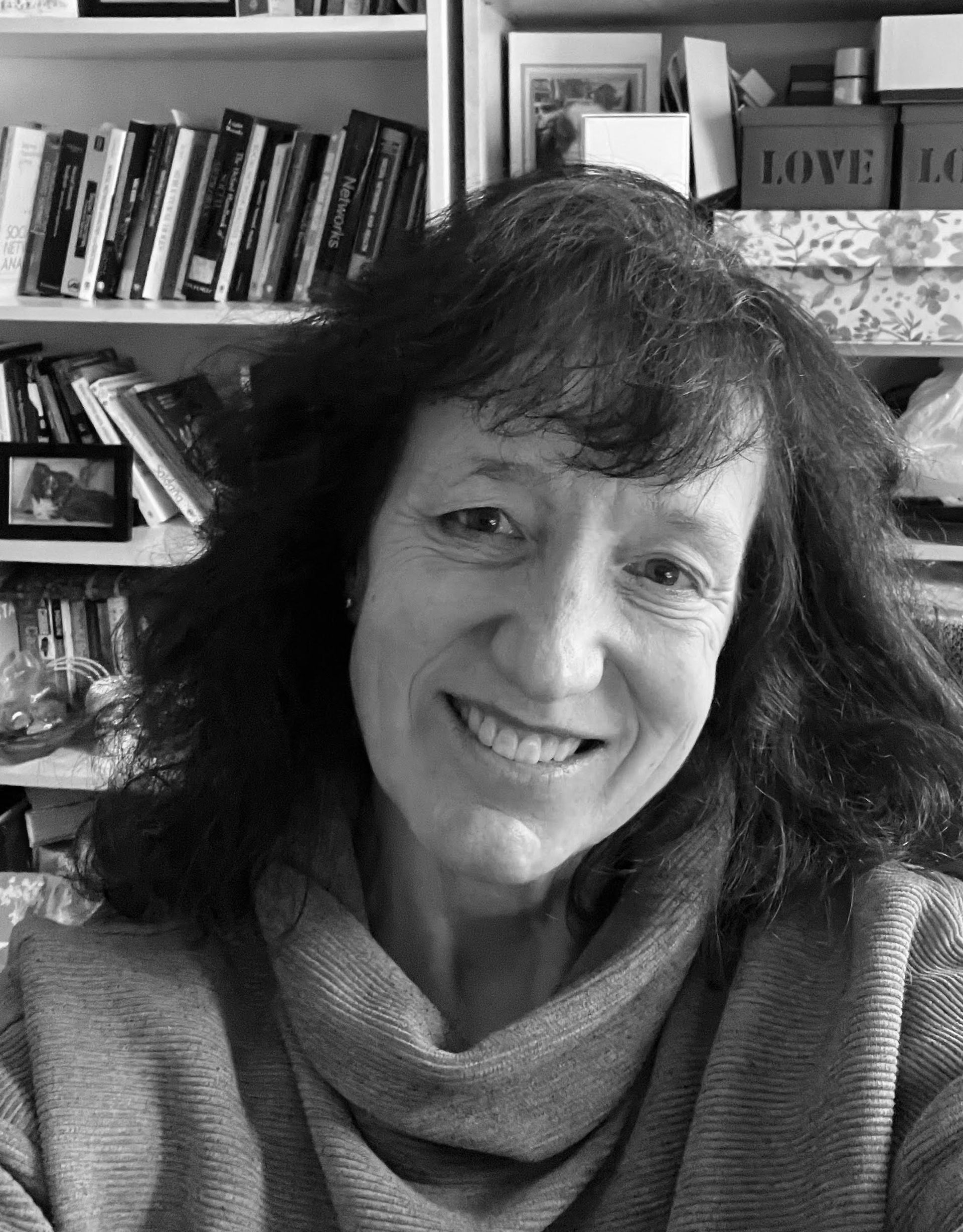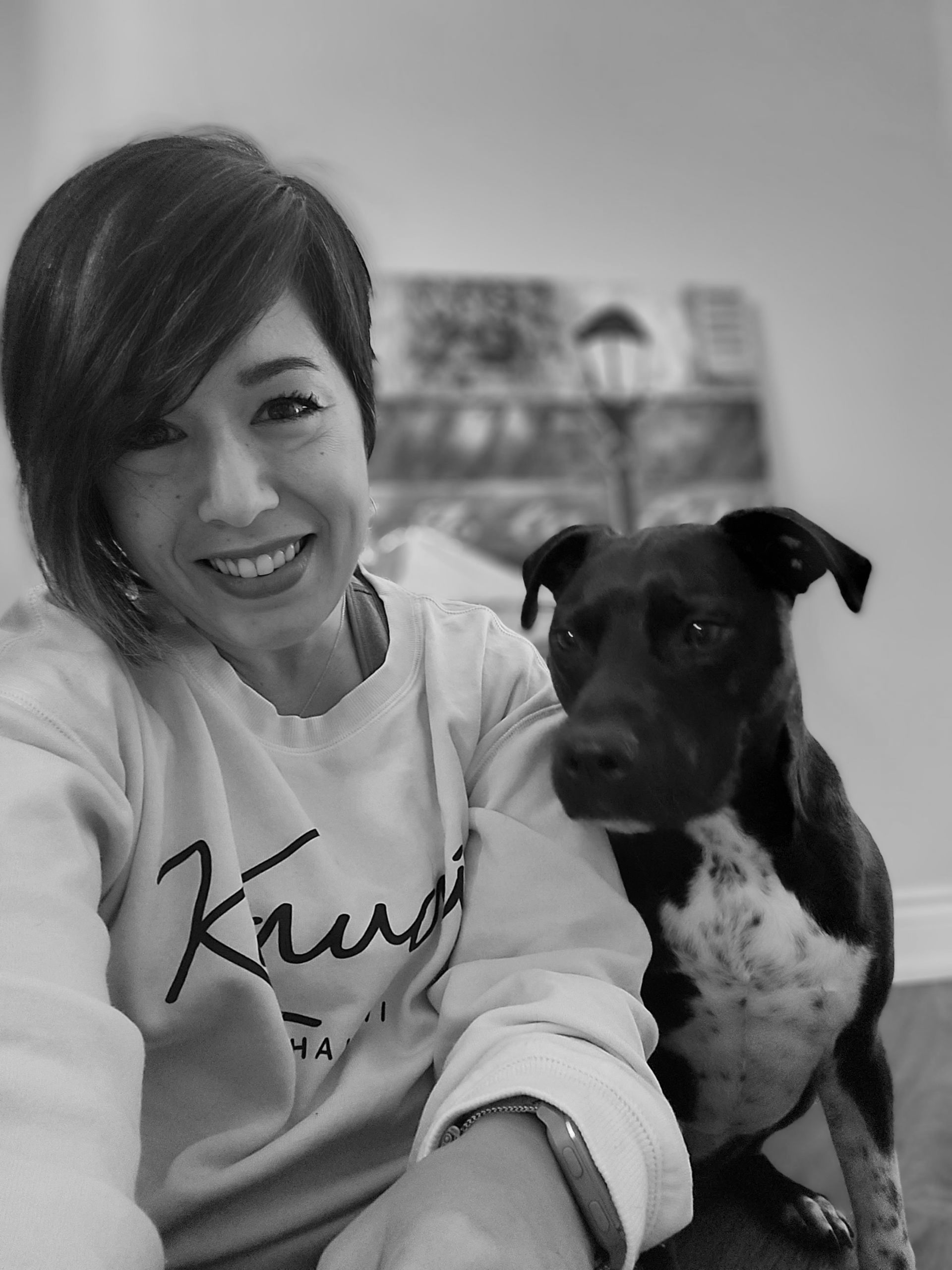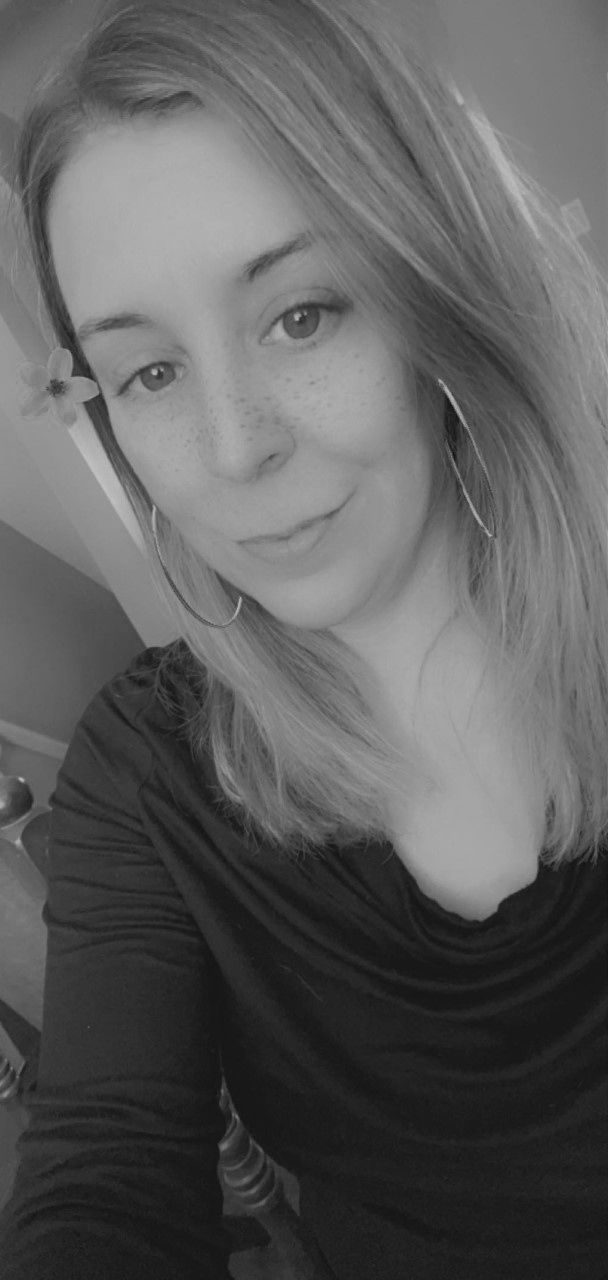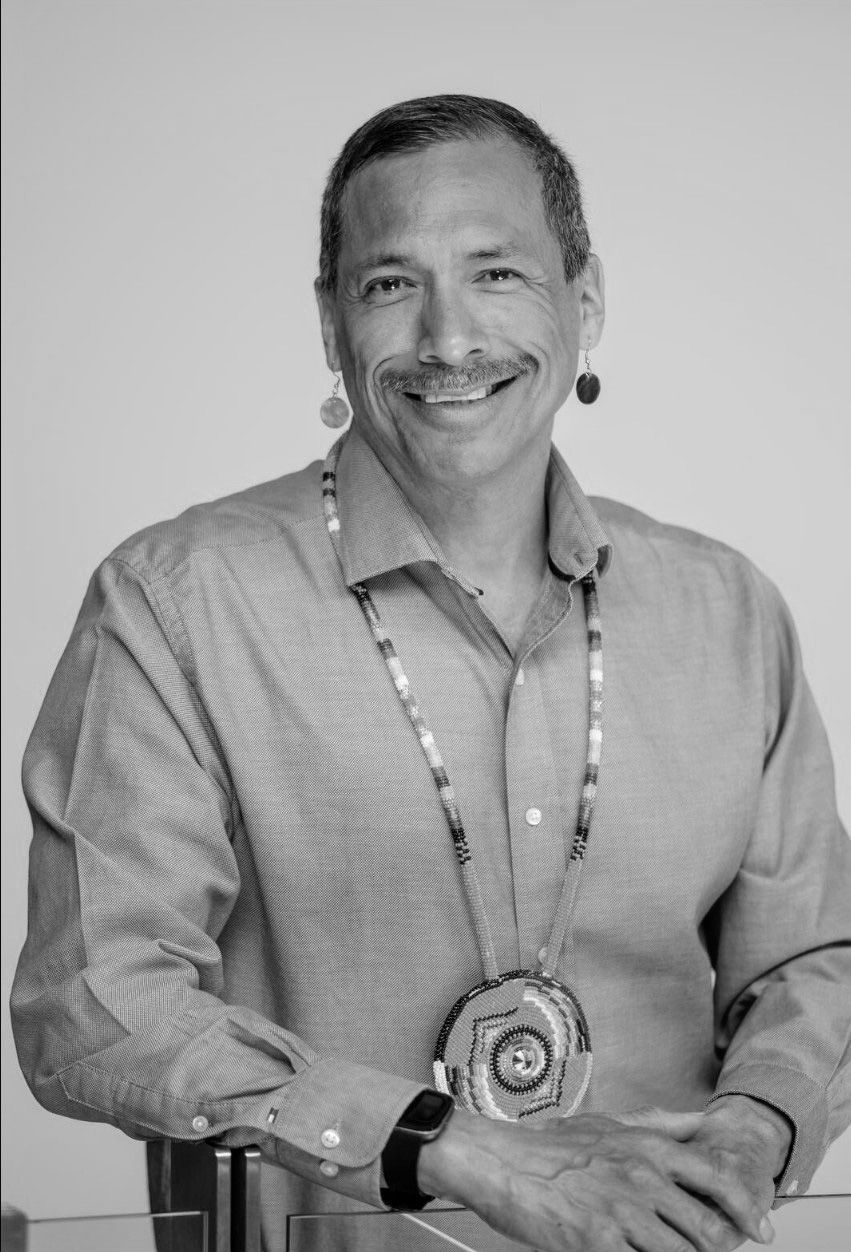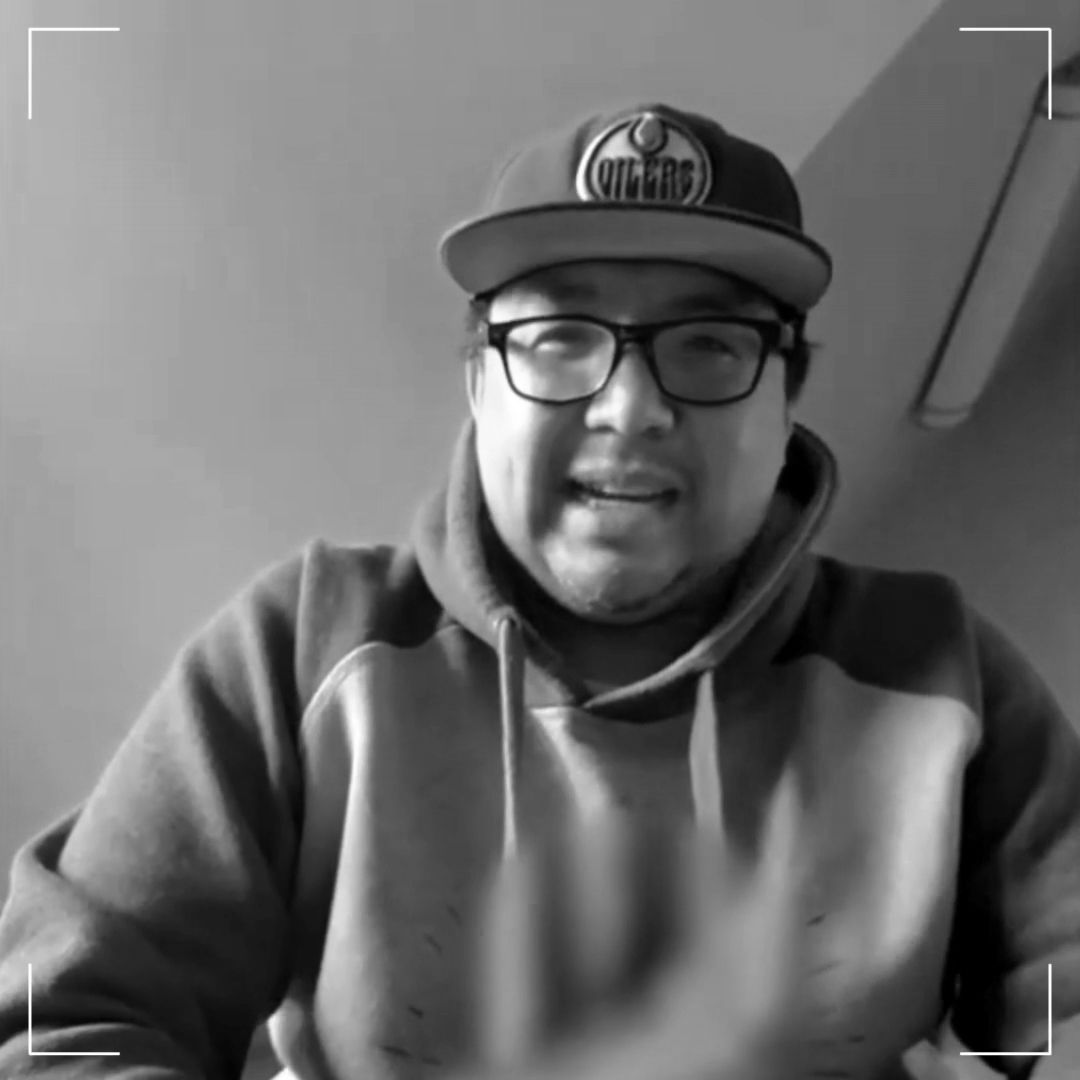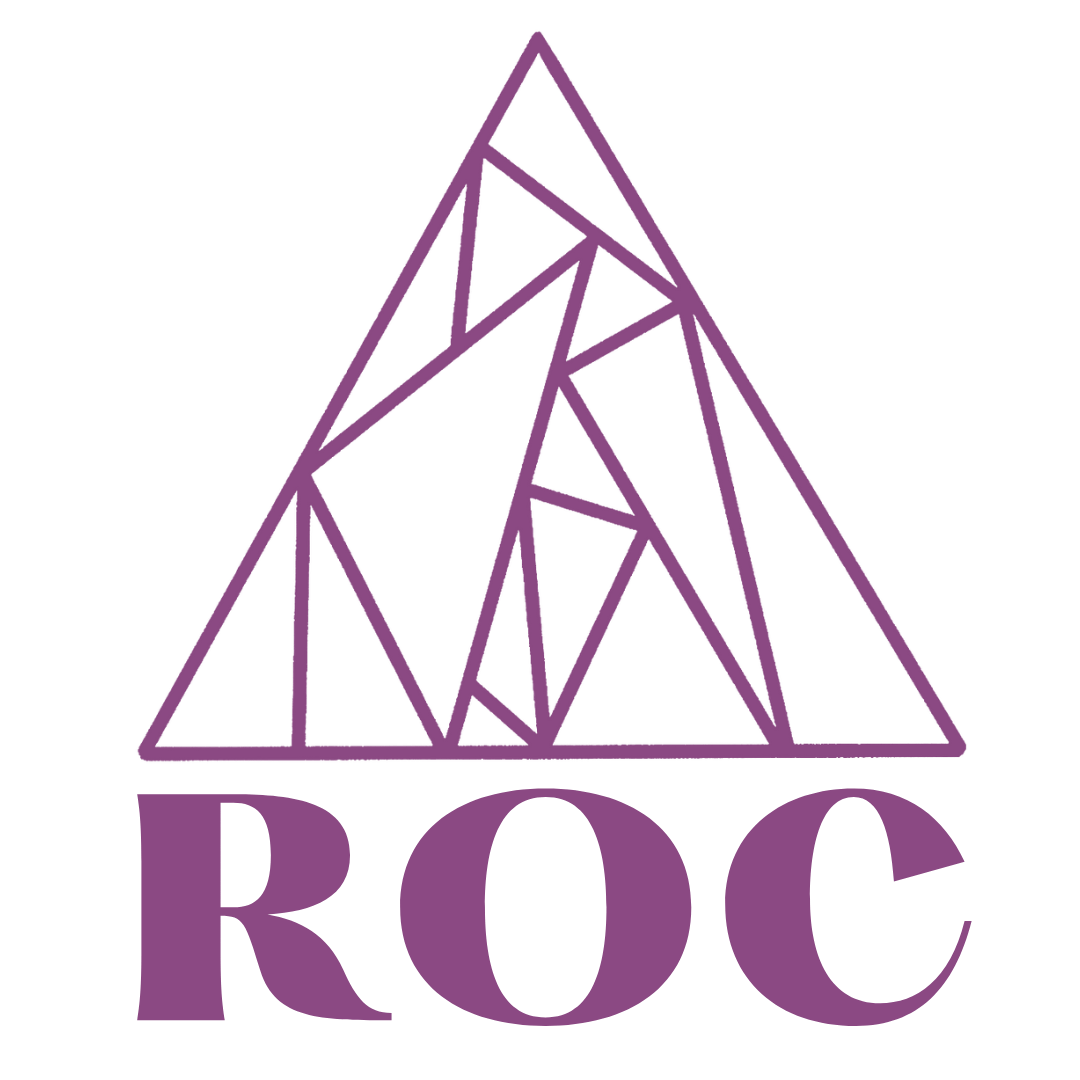Zoltan Varadi
“Hi, my name is so-and-so, and my drug of choice is More.”
If you’ve spent any time attending 12-Step meetings (i.e. AA, NA, CA, etc.), you’ve probably heard that one before. The thing about these kinds of oft-repeated sayings in recovery is that they become such well-worn chestnuts because they ring so true.
Take my case, for example: nicotine; coffee; dill pickle chips – whatever it may be, if it converts to a chemical currency that just so happens to hit that sweet spot in my brain, chances are good that I’ll get carried away with it.
So: hello, my name is Zoltan, and my drug of choice is More.
That said, some forms of More are, well, more deleterious than others. In my case, that’s alcohol.
Here’s another oldie but a goodie:
Me: I’m allergic to alcohol. Every time I take a drink I wake up in spots.
You: What kind of spots?!
Me: Rehab. The psychiatric ward. Etc.
Thankfully, it’s been twenty-one-and-a-half years since I’ve awoken in a spot. I’ve achieved this remarkable feat of well-being by never, ever having a drink.
While abstinence has become second nature two decades on, in the beginning it was the hardest thing I had ever done. I found sobriety the same way that everyone else I know in recovery found it – through a community of my fellow travellers.
Alcohol and other drugs, when taken in significant quantities over long periods of time, tend to make your world very, very small. Friends fall by the wayside (if not flee outright). The camaraderie of coworkers ceases to exist as you become increasingly unemployable. Your family wants to help, but they are often angry and afraid and just don’t understand.
That’s what made peer-to-peer recovery such a vital resource for those looking for a way out. Not only are they often the only people left to turn to, but who better to guide you than someone who’s already navigated the path?
I am grateful, then, for Recovery on Campus (ROC) Alberta both for their efforts to destigmatize addiction and for providing me with a new community that I know is there for me right here at my place of work.
One last thing I should note: four years elapsed between the first time I reached out for help and the day I finally took my last drink. ROC acknowledges that there are many paths to recovery, including roundabout routes such as the one I took.
If you’re at all concerned about your own relationship with substances and/or other behaviours, or even just a little curious, reach out! No commitment required.
Who knows, something may stick. As they used to say back when I first started this trip: “if you hang around a barber shop long enough, you’ll probably end up getting a haircut.”
Everyone deserves the opportunity to pursue recovery
UCalgary Recovery Community is the Coordination Hub of Recovery on Campus. Supporting them is supporting us, donate now
LAND ACKNOWLEDGEMENT
We acknowledge the traditional territories of the people of the Treaty 7 region in Southern Alberta, which includes the Blackfoot Confederacy (the Siksika, Piikani, and Kainai First Nations), the Tsuut’ina First Nation, the Stoney Nakoda (the Chiniki, Bearspaw, and Wesley First Nations), and Métis Nation of Alberta, Region III.
